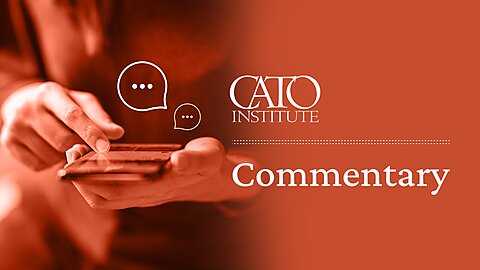
Neal McCluskey
Yesterday, Louisiana Gov. Jeff Landry (R) signed legislation mandating the posting of the Ten Commandments in public schools. It might seem shocking, but it should not be: Public schooling has always required people to try to force their values on others in the face of fundamental disagreement. Thankfully, Governor Landry signed another bill yesterday offering the solution to the problem, though the state almost fumbled the ball.
From the earliest days of mass public schooling—the “common school” era that started with Massachusetts creating its State Board of Education in 1837 and making Horace Mann its secretary—religion has been a major point of controversy. In Mann’s day the primary disputes were over whose version of Protestant Christianity would reign supreme and the place of the Bible in the schools. Mann called for the schools to be free of denominational differences, which led to accusations that he wanted them to adhere to his Unitarian beliefs, while he emphasized that the Bible, as “the acknowledged expositor of Christianity,” was in all the schools. He said, however, that it should be read without sectarian interpretation, which became an especially serious problem for public schools when Roman Catholics, who needed the official biblical interpretation of the Church, started to arrive in great numbers.
It was not until the early 1960s that the Supreme Court banned official prayer and Bible reading in public schools. That upset many religious Americans, and as illustrated by everything from President Ronald Reagan’s 1982 school prayer amendment, to the fight over a football coach’s 50‐yard‐line post‐game prayers, to Louisiana’s new law, the fight for religion in public schools never went away. Including religion had just moved from the legally winning to the legally losing position.
The root problem is that public schooling is inherently zero‐sum. If you want your child in a school that is secular, and your neighbor wants their child in a school that is religious, one must win and the other must lose. No school can be both secular and religious.
The solution is to have public funding follow students to options their families choose. Then the religious family can freely seek religious schools, the secular family secular schools, and neither has to give up the funding for which they paid taxes.
The good news is that in addition to signing the Ten Commandments bill yesterday, Governor Landry signed legislation creating the Louisiana Giving All True Opportunity to Rise Scholarship Program (LA GATOR). LA GATOR creates education savings accounts (ESAs) for which all Louisianans will eventually qualify. ESAs provide funding that can be used for private school tuition but also numerous other educational expenses, from therapies to textbooks.
But Louisiana legislators almost screwed this up. CNN reported that the Ten Commandments law would require that the Commandments be posted “in every classroom at schools that receive state funding,” which would likely include schools at which students used ESAs. Fortunately, crack Center for Educational Freedom research associate Kayla Susalla discovered that CNN was working off an older version of the legislation, not what Governor Landry signed. But this was too close for comfort—that any version would impose such requirements on private schools means that the purpose of choice is not understood by at least some legislators. Indeed, the new law imposes the posting requirement on charter schools. Charters are public, so the imposition is not inconsistent with the state making rules for public schools, but charters are also chosen, so it is still concerning that the posting requirement is placed on them.
Public schooling has never been able to treat people with clashing values equally, and Louisiana’s Ten Commandments law is just the latest action in the perpetual struggle for control. Thankfully, the solution to the problem sits right in front of us … if we don’t screw it up.








